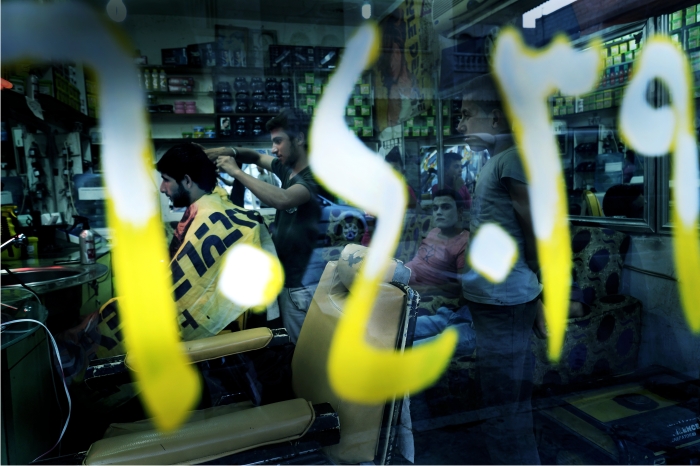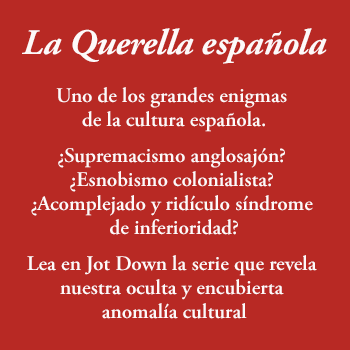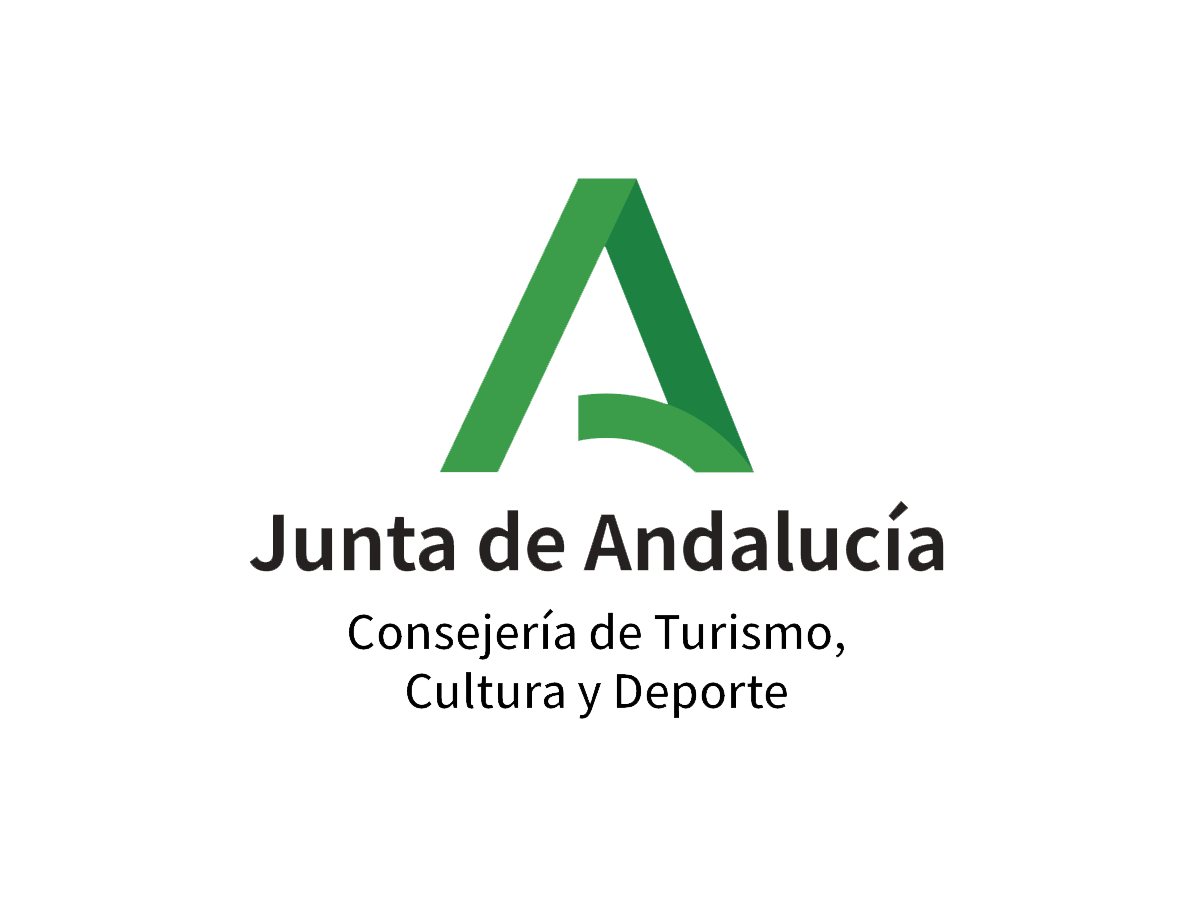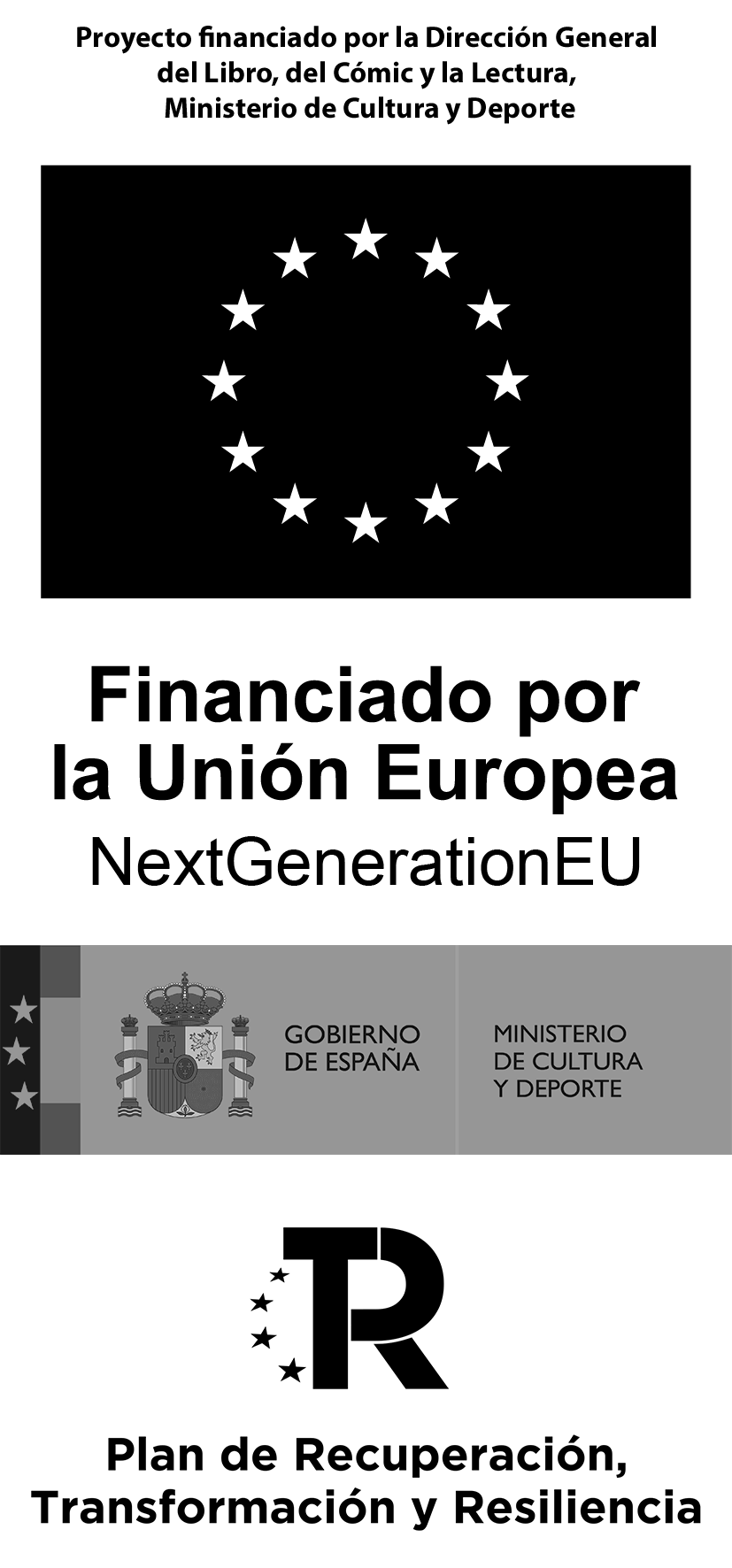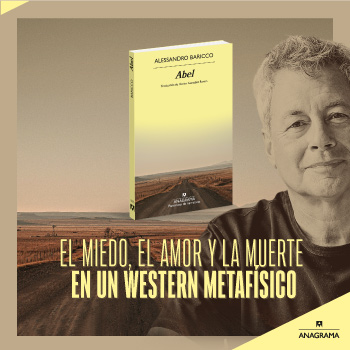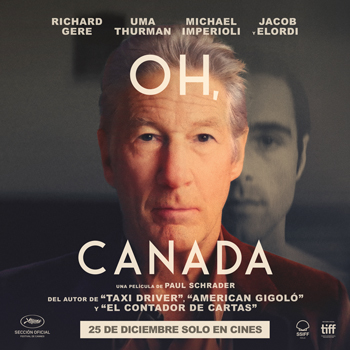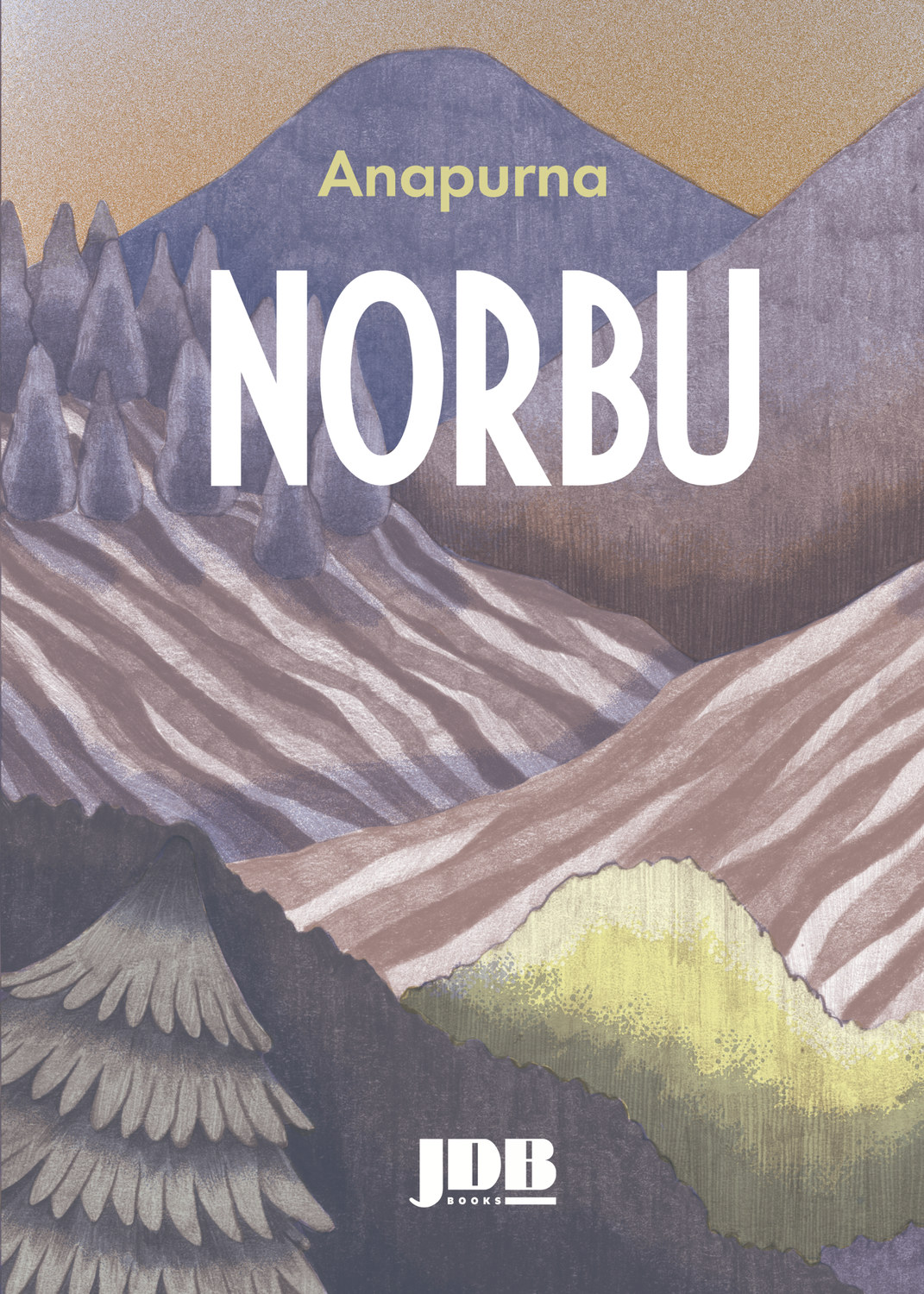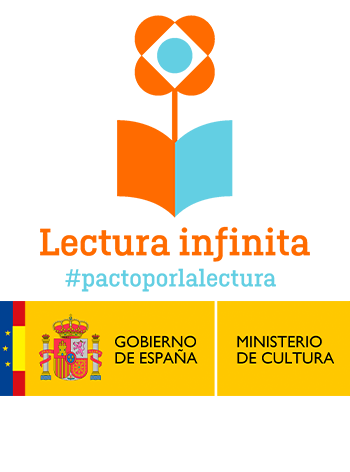Translation: Teresa Galarza
Shortcuts. On the shoulders of a country at war
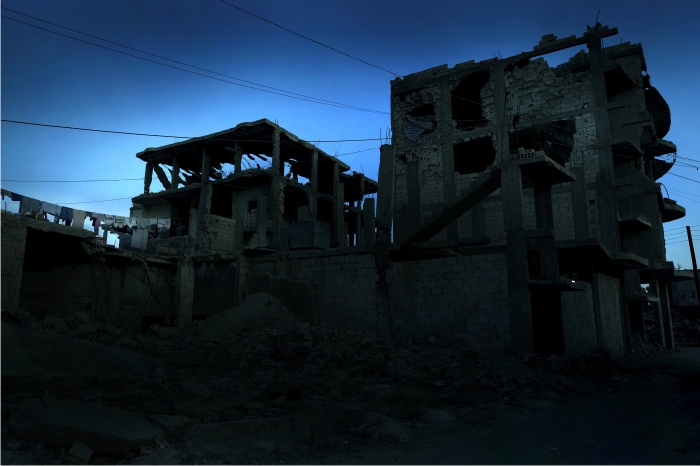
The truth is that it’s not bad at all, twelve dollars a night for a room with a fan and a bathroom to yourself. We are the only guests of the only hotel in Kobani.
The quintessential Kurdish «martyr» city is an obligatory stop for anyone traveling on the road to the Raqqa front (we will speak about the wartime bureaucracy some other time), but also for those who visited it before and during the 2014 disaster. Today is the aftermath; the remains of that brutal battle fought against the monster appear among the streets and houses that have been rebuilt. Or the other way around: the new growth sprouts in the rubble.
«There was a giant crater here,» we remember, where there is a square today. The remains of that car bomb were still in place, a few meters from the Turkish border. Just like the remains of the other bomb which flew to the second floor of a building without guts.
We have seen clothes in the rubble, but also hung on the hangers of the bazaar shops.
«Every day we see something new,» Khalid told us, the guy with whom we have spent the whole day. Although much remains to be done, there are thirteen schools and a lot of tea houses, and even a center for women fleeing the endemic marginalization to this part of the world, but that is not news. The world does not give a damn about Kobani. We learned where it was because ISIS put it on the map, like Mosul in Iraq, or Sirte in Libya. We have become accustomed to having the destruction spat directly to us, without context or vaseline. What happens before and after is not even history.
We have talked about this in the dining room of the Kobani hotel which, like many other venues in the city, is dominated by a portrait of Arin Mirkan. Do you remember that Kurdish girl who would rather die by sweeping away a few sons of the monster than fall into their hands? Arin is a heroine and they have made her a giant, winged statue at the west entrance to the city.
We have also talked about John Cantlie, an English freelance journalist whom ISIS turned into their war correspondent, presumably under coercion. After four years in hell, we continue presuming, he died in Mosul last month as people said. Along with Aleppo or Mosul, Kobani was one of the areas he covered.
We have paid six dollars for a dinner that included chicken, salad, humus and that liquid yogurt that the Kurds call «dau». Unlike in other places on our journey, the staff in the Kobani Hotel has not been particularly hospitable to us. As happens with tourism, the masses of journalists do away with the patience and curiosity of the unfortunate people who suffer the war on a daily basis.
But here is the opposite: for years nobody has come, and perhaps they see that empty dining room.
